Occupy the Archives: Radical Histories & You (Part of the AntiUniversity Now Festival)
Host: Joanne Anthony (Hackney Archives)
Venue: Hackney Archives, Level 2 of Dalston CLR James Library, Dalston Square, E8 3BQ
Date: Thurs 9 June 2016
Time: 6-8pm
“Partial, inaccurate and exclusive history is of benefit to no-one and leads to a society in which citizens are not fully equipped with the knowledge to understand the past and hence the present, nor the power to challenge stereotypes, ignorance and racism.” [Northampton Black History Project]
Can you see yourself – your passions, everyday experiences, artistic or political expressions – reflected and celebrated in your local archives, museums or libraries? If not, why?
Building on last year’s Occupy event, we’ll now take a practical look at exploring:
– What radical collecting actually is?
– The power of archives to affect change for social justice
– Your role in making history & evening the balance in how our shared history is remembered.
Community-led campaigns to create an archive of active social and political movements are taking place across the world: from the Occupy movement, Radical publishers, LGBT to Trade Union, and Black-led cultural movements. We’ll continue to draw inspiration from these movements, along with pioneers like C.L.R James, in how we can create crucial counter-narratives.
Join us for a collective exploration of what we can all do to capture stories and memories that reverberate into the future.
Hackney Archives is keen to continue beyond the AntiUniversity Festival to offer a hub for community archives advice and to support an informal network of Radical Activist-Archivists, “where archives and social justice meets”.
All welcome – please book via Eventbrite https://www.eventbrite.co.uk/e/occupy-the-archives-radical-histories-you-part-of-antiuniversity-now-festival-tickets-25476358474

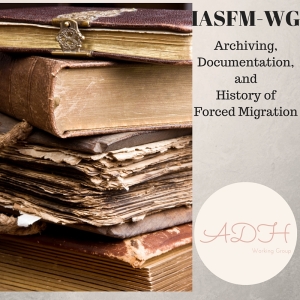
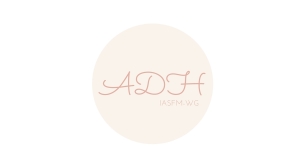

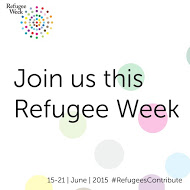
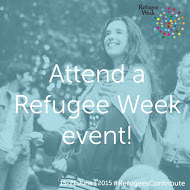
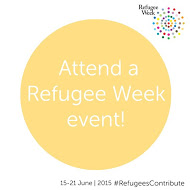
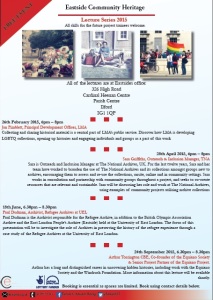


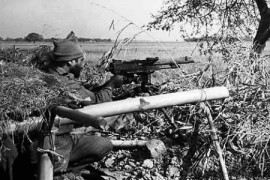

You must be logged in to post a comment.